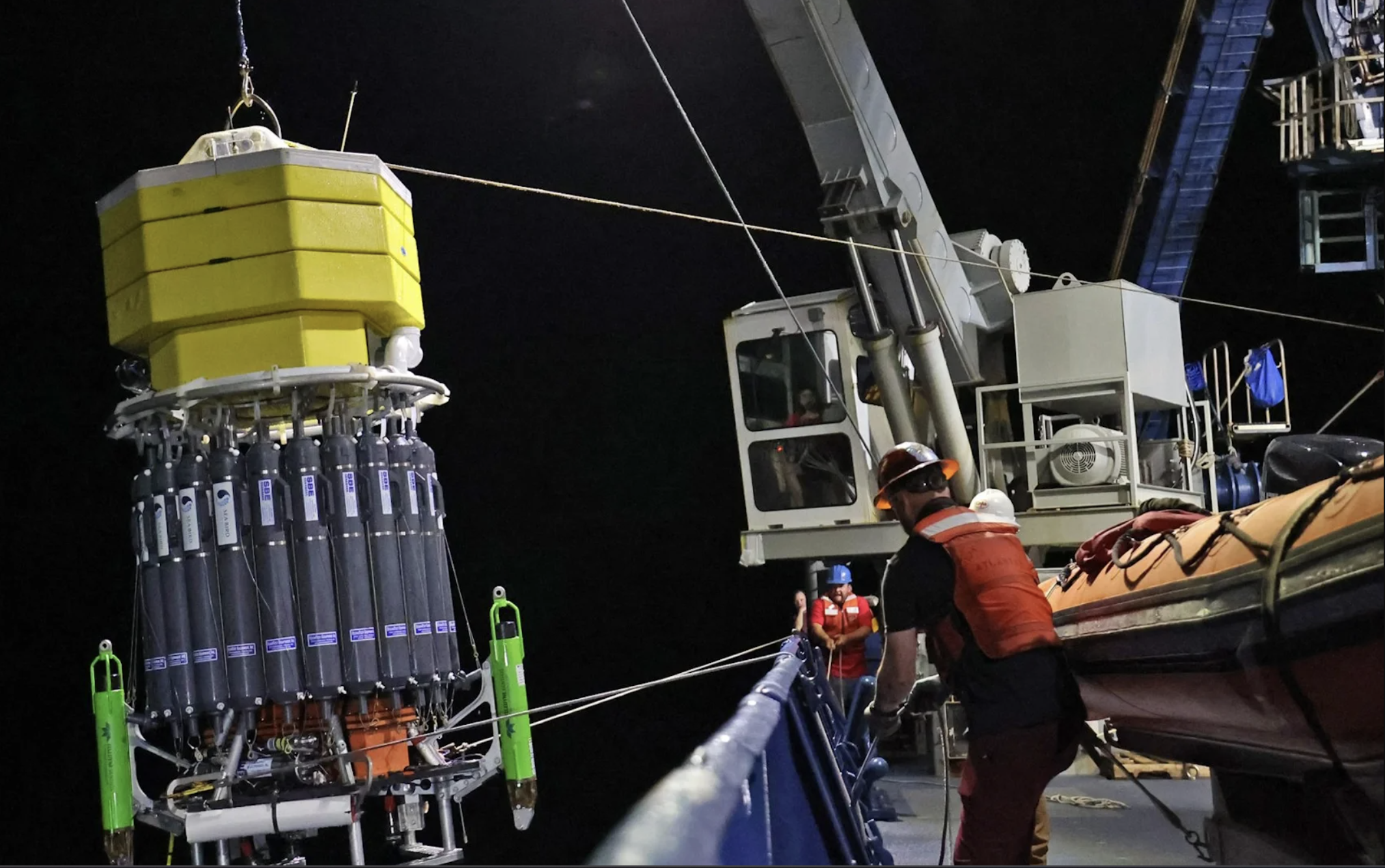Members of the University of Rhode Island community will be launching landers into the Gulf of Mexico to study the ecosystem through the Ocean Exploration Cooperative Institute.
These landers are machines used to collect data such as water temperature, water pressure, light levels and much more, said Adam Soule, professor of oceanography and director of the OECI.
In 2010, the Deepwater Horizon drilling rig caused the biggest oil spill in United States history, Alejandra Borunda, a writer for National Geographic, said.
Now 14 years later, we still do not know the full impacts that this spill had on the environment, which is what the landers, being developed by professor of biological sciences Andrew Davies, will help to understand. He is leading the efforts to build the landers that will be so crucial to studying this environment. At 25 years old, he started working with Dutch research teams to start building the landers, Davies said.
Over the past two years, the study has been developing and building these landers that will be deployed this spring for about three years. Each of these landers costs several hundred thousand dollars to make, which Davies used to express the importance of entering research with a clear vision of how you plan to use the technology.
“The ultimate goal is to collect healthy corals, grow them in laboratory settings and then replant them in areas that had been damaged,” Davies said.
To do this, researchers need to learn how to apply these same conditions in a way that allows the corals to restore on the seafloor.
Without the data these landers provide, scientists would not have a sufficient understanding of what conditions positively affect these corals and how we can safely reintroduce them to the seafloor.
The OECI is running this study at URI. The institute does a large part of its work with the National Oceanic and Atmospheric Administration fisheries. Graduate students at the URI Bay Campus are working on the development of these landers as part of their studies. The project has brought in $86 million to URI, Soule said.
Undergraduate students majoring in marine biology, data science and engineering all can contribute to this project by managing the project and the data that the landers collect, according to Davies. Students from the Community College of Rhode Island have also come to work on this study.
“This is a project within a much larger project,” Soule said.
With the launch of landers this spring, students will have the opportunity to take part in the process, which has been going on for many years and will continue into the future.

